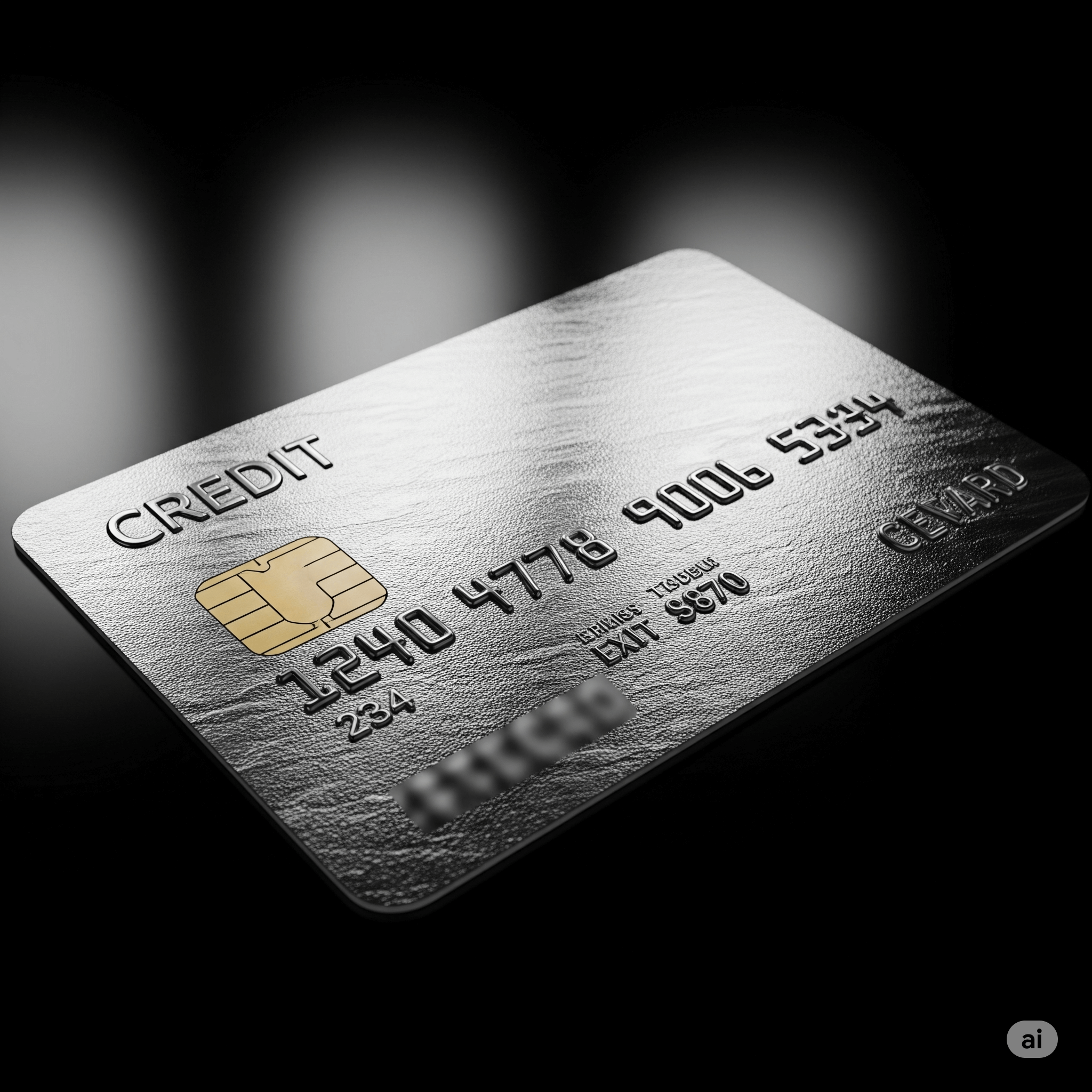5 Common Credit Card Mistakes to Avoid in 2025 in the USA
Published on June 20, 2025 | By WealthFusions Editorial Team
💥 5 Common Credit Card Mistakes to Avoid in 2025 (USA Edition)
Only Paying the Minimum
This leads to long-term debt and high interest costs. Try to pay off your full balance whenever possible.
Maxing Out Your Card
High utilization (over 30%) can negatively impact your credit score. Keep your balance low relative to your credit limit.
Missing a Payment
Late payments hurt your credit and incur fees. Set reminders or use autopay to avoid this.
Opening Too Many Cards at Once
Multiple applications can lower your credit score and signal risk to lenders. Space out credit inquiries.
Ignoring Reward Terms
Not understanding bonus requirements or expiration dates can cost you valuable points or cashback.
Credit cards can be powerful tools for building credit, earning rewards, and managing cash flow. But in 2025, with average credit card interest rates at 22.8% and consumer debt hitting $1.13 trillion in the U.S., simple mistakes can cost you thousands. This guide highlights the five most common credit card mistakes Americans are making in 2025—and how to avoid them with expert-backed tips and real examples.
1. Only Paying the Minimum Balance
Minimum payments might keep your account in good standing, but they’re a debt trap.
Example: If you have a $3,000 balance at 22.8% APR and pay only $90/month, it will take over 4 years to pay off—and you’ll pay $1,790+ in interest.
How to Avoid:
- Always aim to pay the full balance.
- If not possible, pay as much above the minimum as you can.
- Use tools like Bankrate’s credit card payoff calculator.
2. Maxing Out Your Credit Limit
Using over 30% of your available credit hurts your credit utilization ratio, which makes up 30% of your FICO score.
| Credit Limit | Balance | Utilization | Impact |
|---|---|---|---|
| $5,000 | $1,500 | 30% | Safe Zone |
| $5,000 | $4,000 | 80% | High Risk |
How to Avoid:
- Keep utilization below 30%, ideally under 10%.
- Request a credit limit increase or open a second card responsibly.
3. Missing a Payment (Even Once)
Missing just one payment can drop your credit score by 50–100 points and stay on your report for 7 years.
2024 Stat: According to Experian, 18% of Americans missed a credit card payment in the past 12 months.
How to Avoid:
- Set up auto-pay for at least the minimum amount.
- Use calendar or banking app reminders.
- Contact your issuer within 30 days to avoid permanent credit damage.
4. Applying for Too Many Cards Too Quickly
Each credit card application triggers a hard inquiry, which can lower your score and make you look risky to lenders.
Example: Applying for 4 cards in 2 months can knock 20–40 points off your credit score.
How to Avoid:
- Space out credit applications by at least 6 months.
- Use prequalification tools with “soft pulls” (e.g., from NerdWallet or Credit Karma).
- Apply only for cards that meet your needs and approval odds.
5. Ignoring Credit Card Rewards Expiry and Fees
Many users forget that points can expire or are offset by high annual fees that eat into your rewards.
Example: A travel card with $95 annual fee but unused rewards can leave you with a net loss.
How to Avoid:
- Track points using the issuer’s app or a tool like AwardWallet.
- Redeem regularly for cashback, travel, or statement credits.
- Downgrade to a no-fee version if you’re not using premium perks.
Final Thoughts
Using credit cards wisely is all about strategy and discipline. Avoiding these five common mistakes in 2025 can help you maintain a high credit score, save money on interest and fees, and get the most from your rewards programs.
Need help improving your credit or choosing the right card? Get free guidance from our blog today and start using your credit card like a pro!
Frequently Asked Questions
- 1. How much should I pay on my credit card each month?
- Always aim to pay the full statement balance. If not, pay more than the minimum to reduce interest.
- 2. What is a good credit utilization rate?
- Below 30%, but under 10% is ideal for top credit scores.
- 3. How do I know if I’ve missed a payment?
- You’ll get notified by your issuer. Also check your credit report for 30-day late markers.
- 4. Will canceling a credit card hurt my credit?
- It might. Closing an older account can reduce your average credit age and credit limit.
- 5. Can I get my annual fee refunded?
- Yes—many issuers refund the fee if you cancel or downgrade within 30–60 days of being charged.
- 6. What happens if I go over my credit limit?
- You could face an over-limit fee or declined transactions, depending on your card’s terms.
- 7. How often should I check my credit report?
- At least once a year via AnnualCreditReport.com or monthly via apps like Credit Karma.
- 8. Are store credit cards a good idea?
- They offer big discounts but often have high interest rates (25%+). Use only if you can pay in full.

